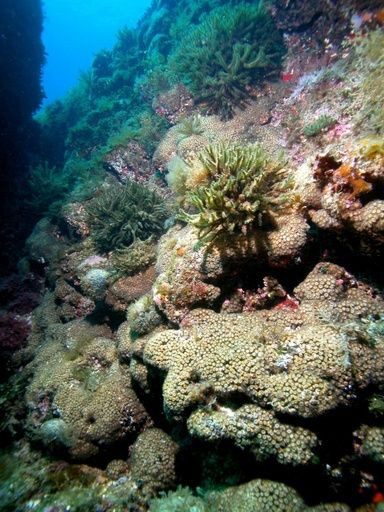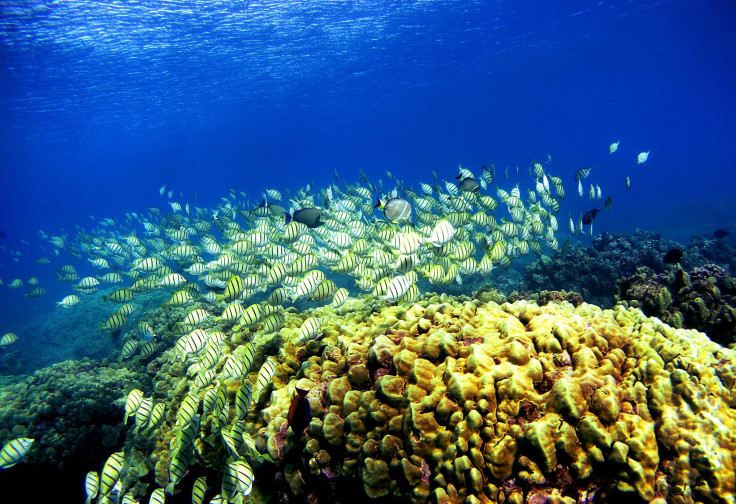Acoustic Enrichment: Study Finds A Unique Way Of Reviving Dead Coral Reefs

Dead coral reefs can be revived by replicating the sounds of the healthy ones, according to new research.
The study was published in the science journal Nature Communications on Nov. 29. In a process called “acoustic enrichment,” a team of scientists from the United Kingdom and Australia, used underwater speakers playing sounds of healthy reefs near the dying ones to lure young fish toward it. The fish are said to play a significant role in restoring the degraded reef habitat by allowing them to clean and grow again.
"Fish are crucial for coral reefs to function as healthy ecosystems," Tim Gordon, the study's lead author, said in a statement. "Boosting fish populations in this way could help to kick-start natural recovery processes, counteracting the damage we're seeing on many coral reefs around the world."
The mission was carried out on the Great Barrier Reef in Australia, the world's largest coral reef system, which had been damaged owing to above average water temperature in the wake of climate change. Soaring sea temperatures caused "mass bleaching events" in 2016 and 2017, thereby sweeping the corals off. Twice as many fish arrived and stayed in the parts of dead coral reefs where the researchers placed loudspeakers compared to the similar parts where there was silence.
"Healthy coral reefs are remarkably noisy places — the crackle of snapping shrimp and the whoops and grunts of fish combine to form a dazzling biological soundscape," Steve Simpson, professor of marine biology and global change at the University of Exeter, said.
Simpson added that Juvenile fish typically respond to these sounds when they are looking for a place to settle.
Researchers have found that not only the fish but other parts of sea life were also attracted to the reefs while the sounds were being played. They have spotted herbivores, detritivores, planktivores and predatory piscivores during that time.
"If combined with habitat restoration and other conservation measures, rebuilding fish communities in this manner might accelerate ecosystem recovery,"Andy Radford, one of the study's co-authors, said. He called acoustic enrichment a promising method.

© Copyright IBTimes 2025. All rights reserved.






















